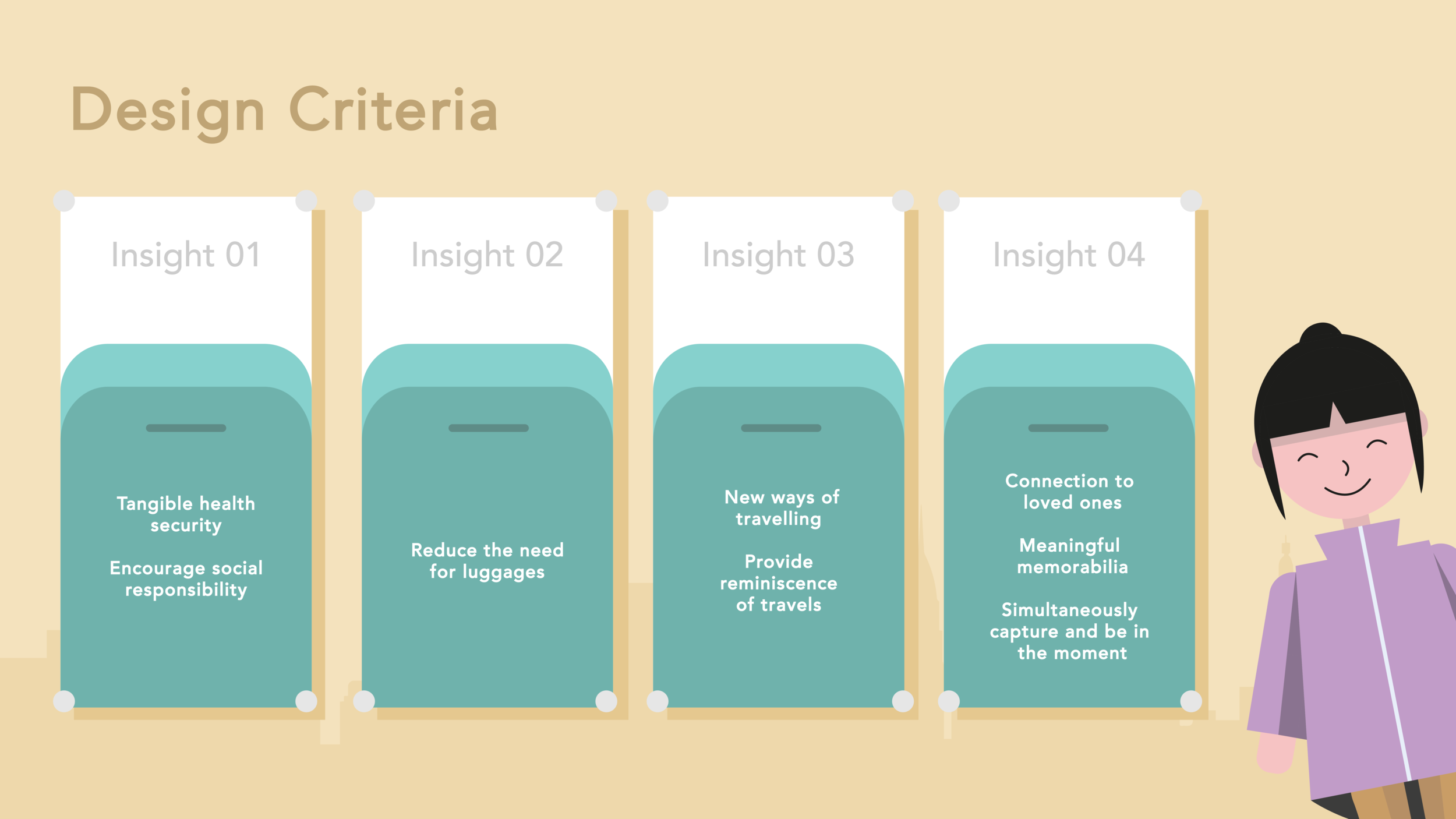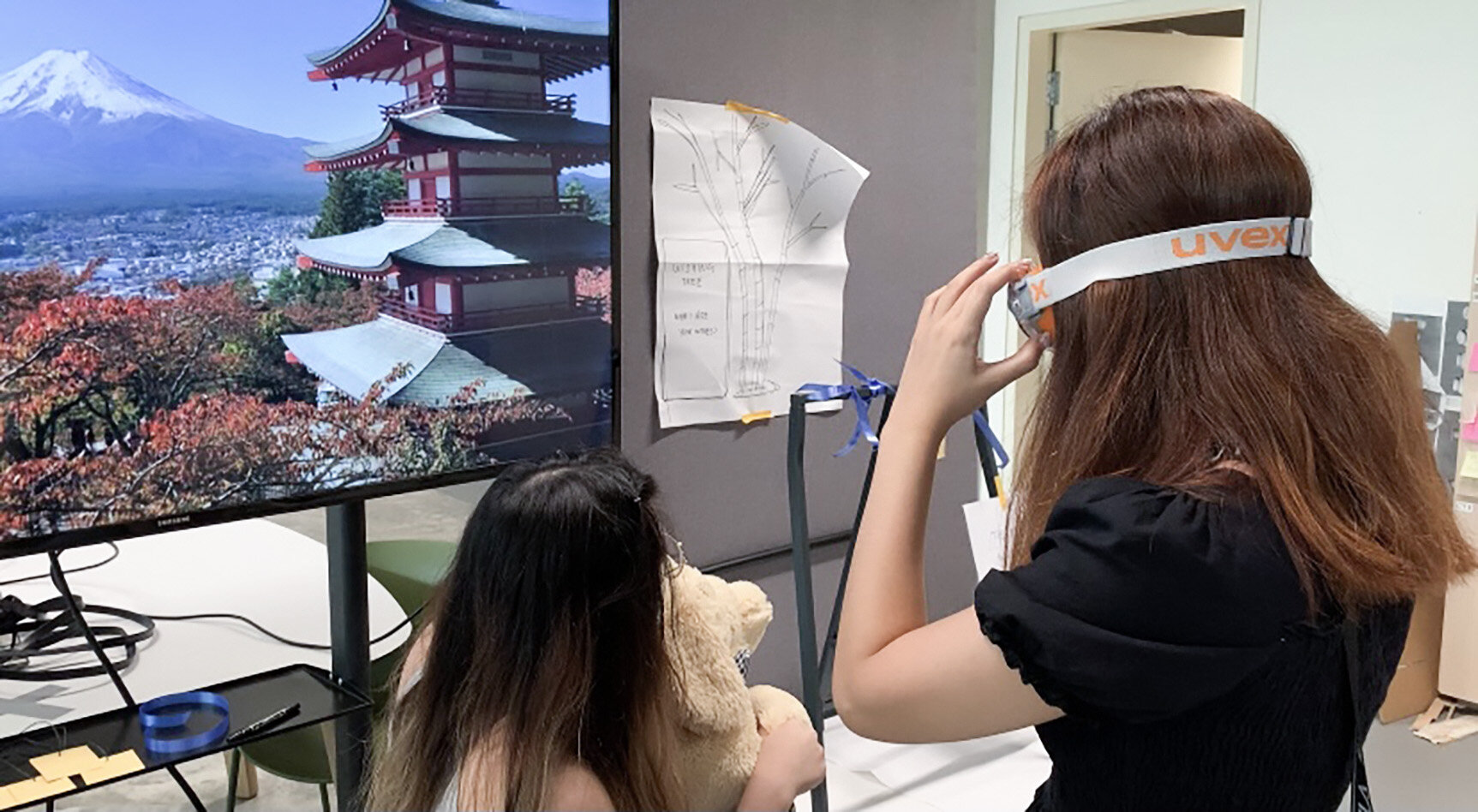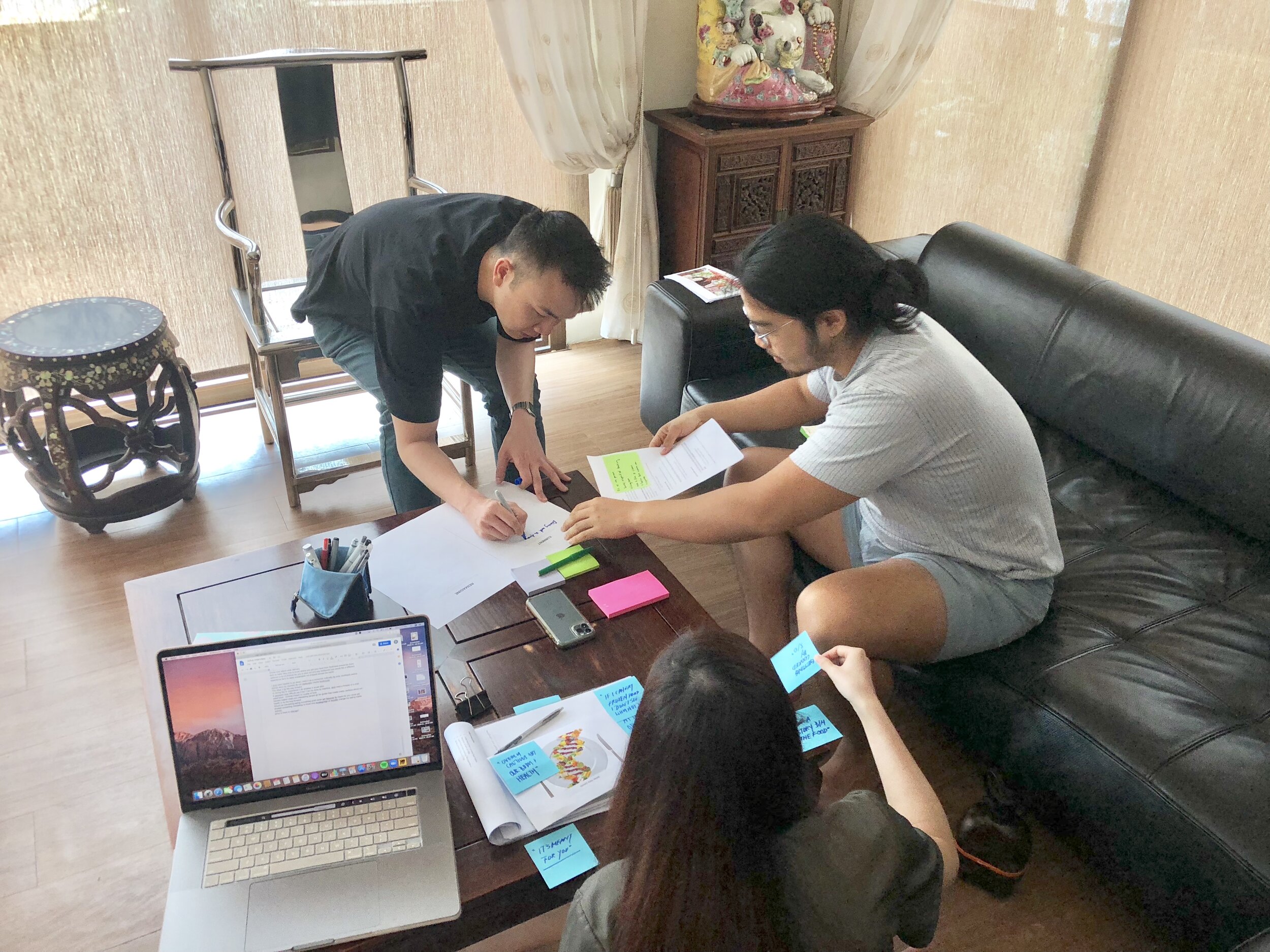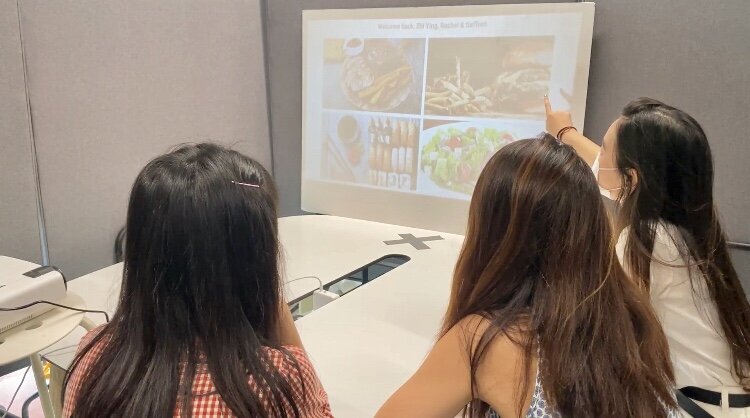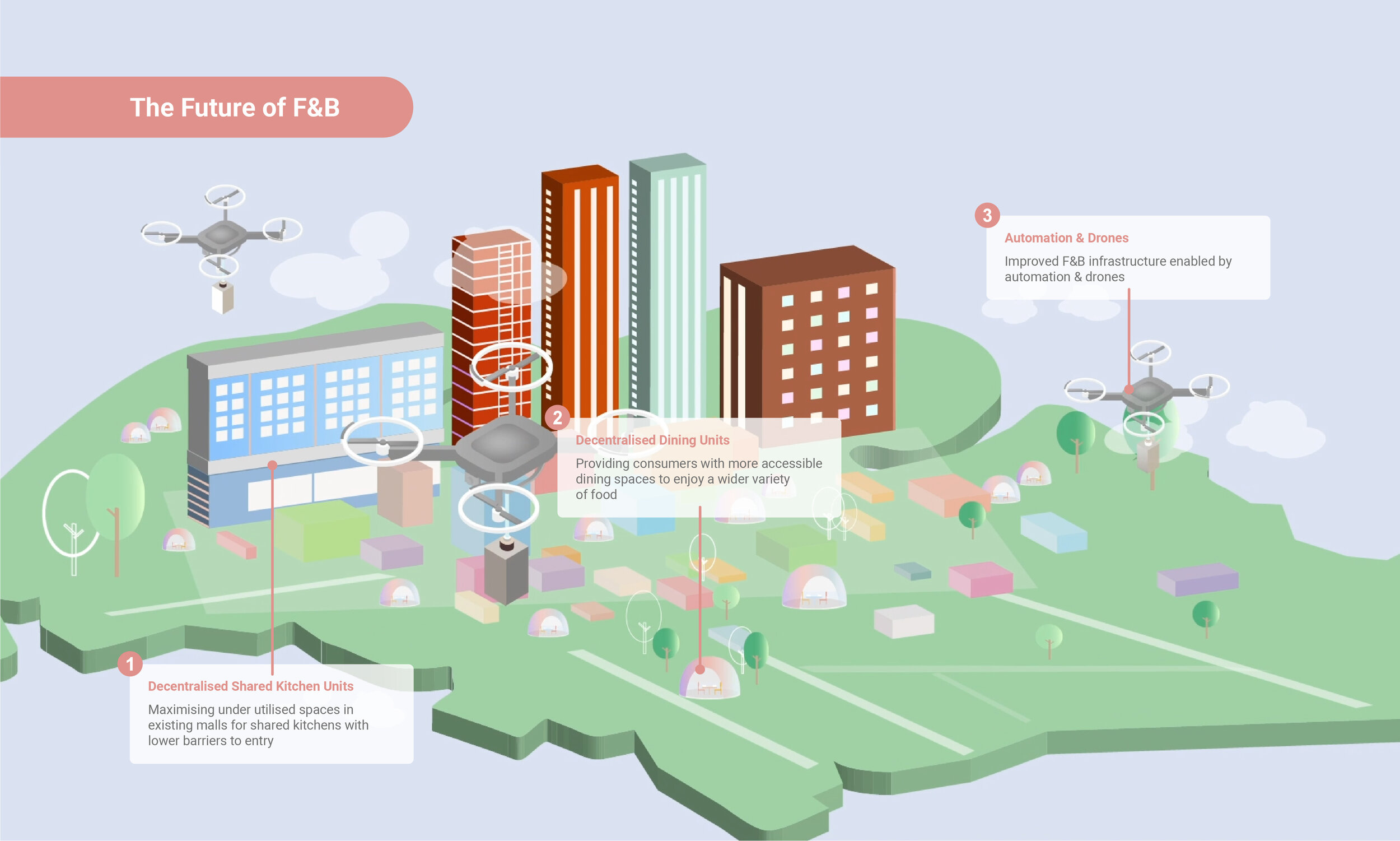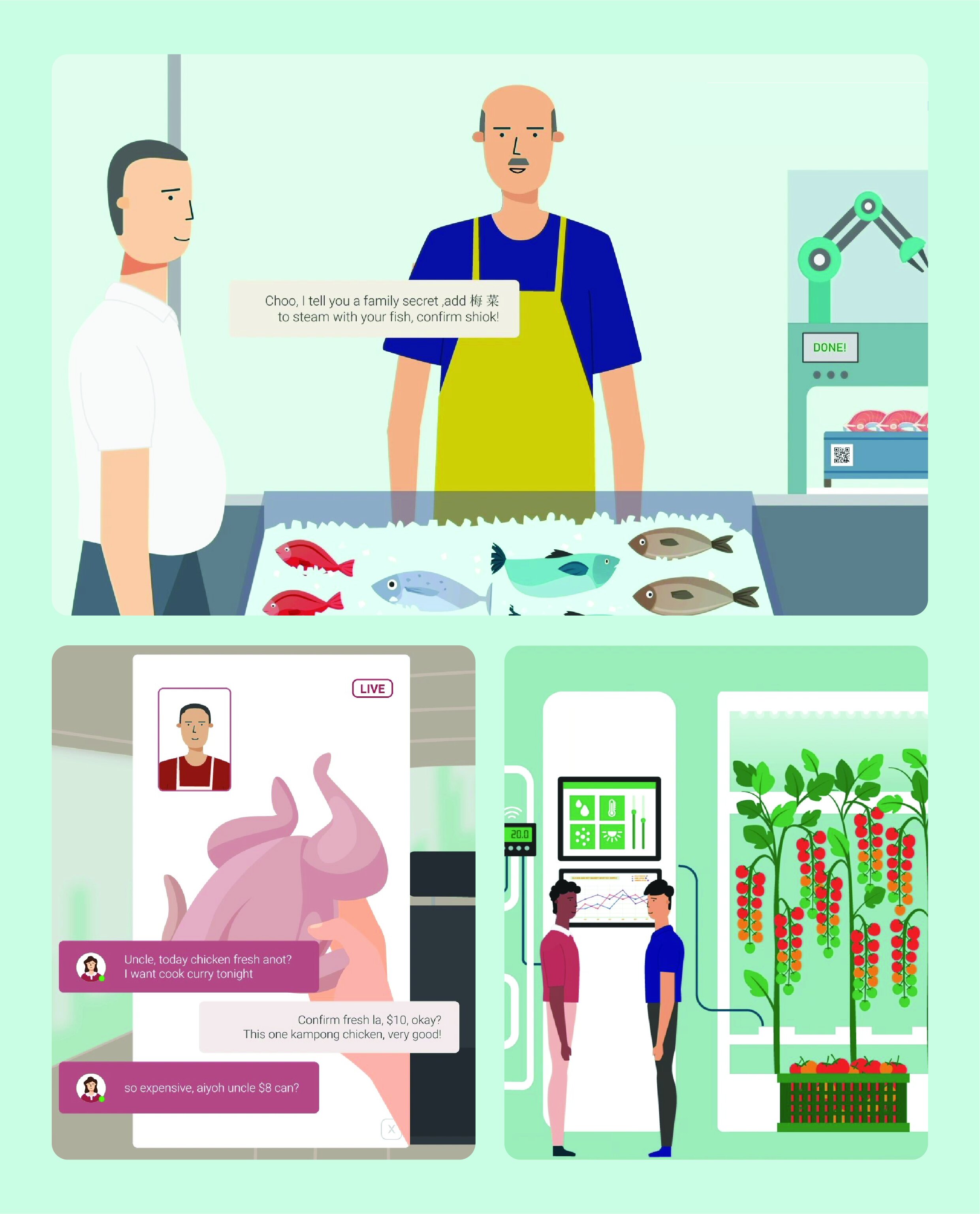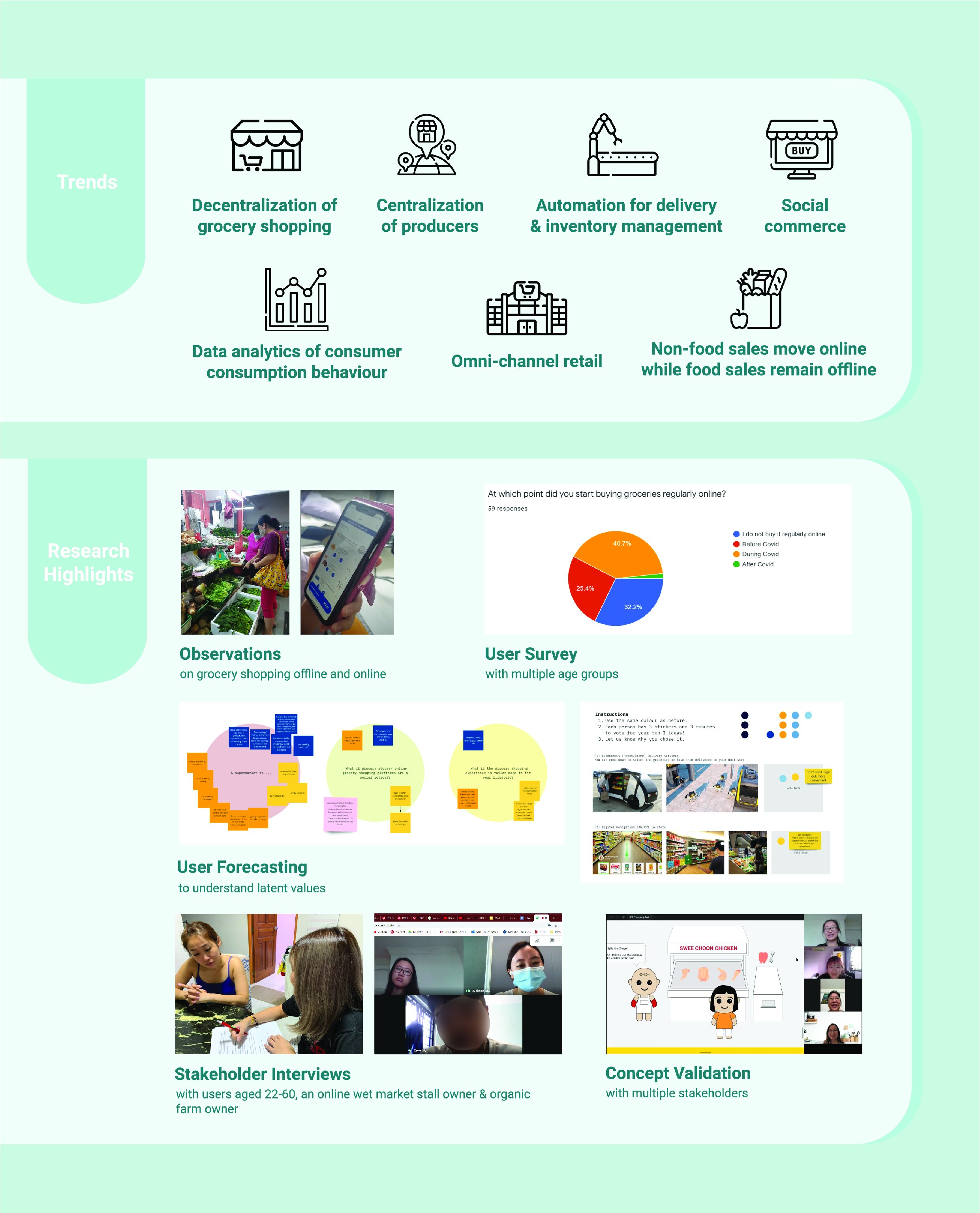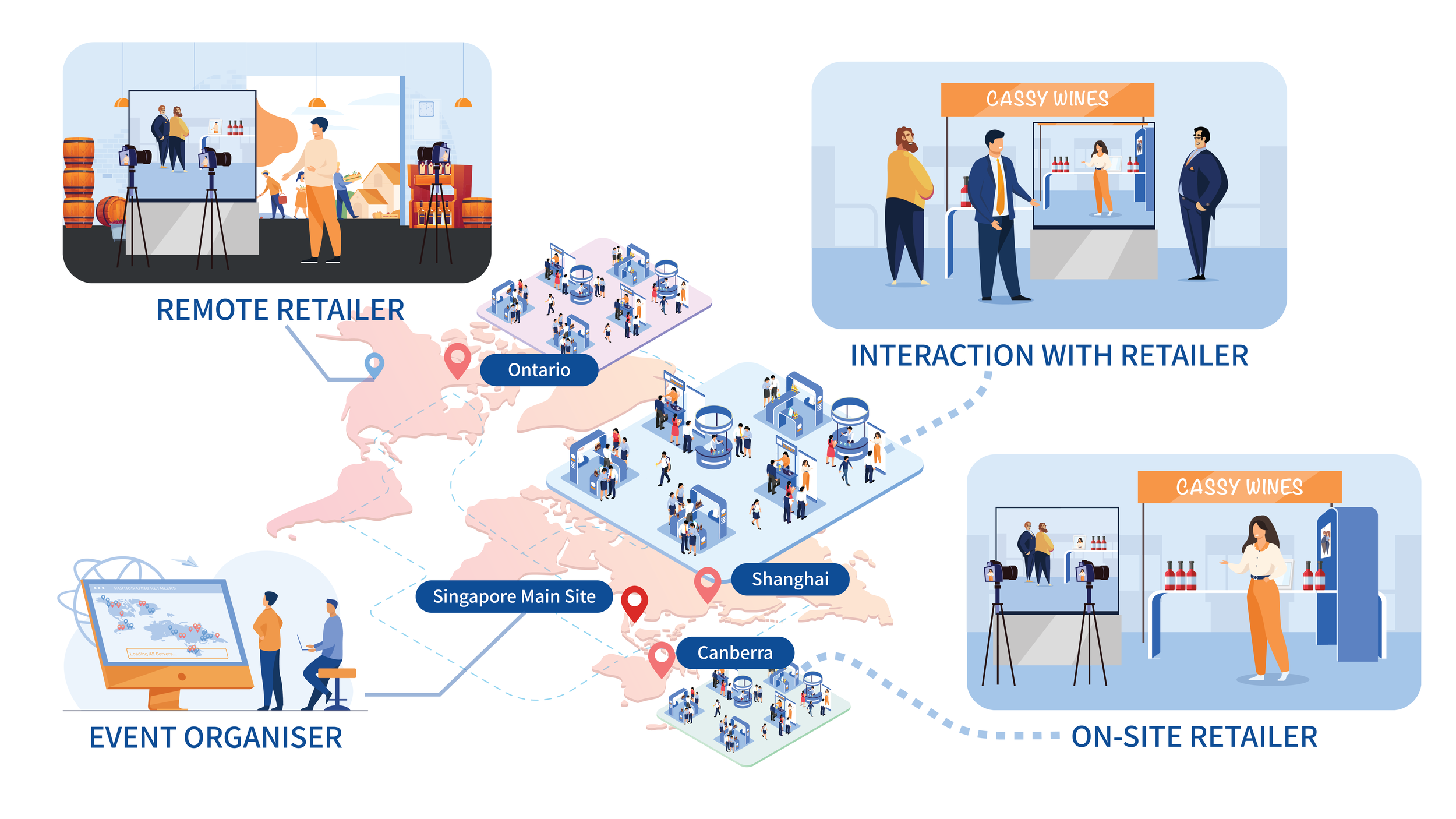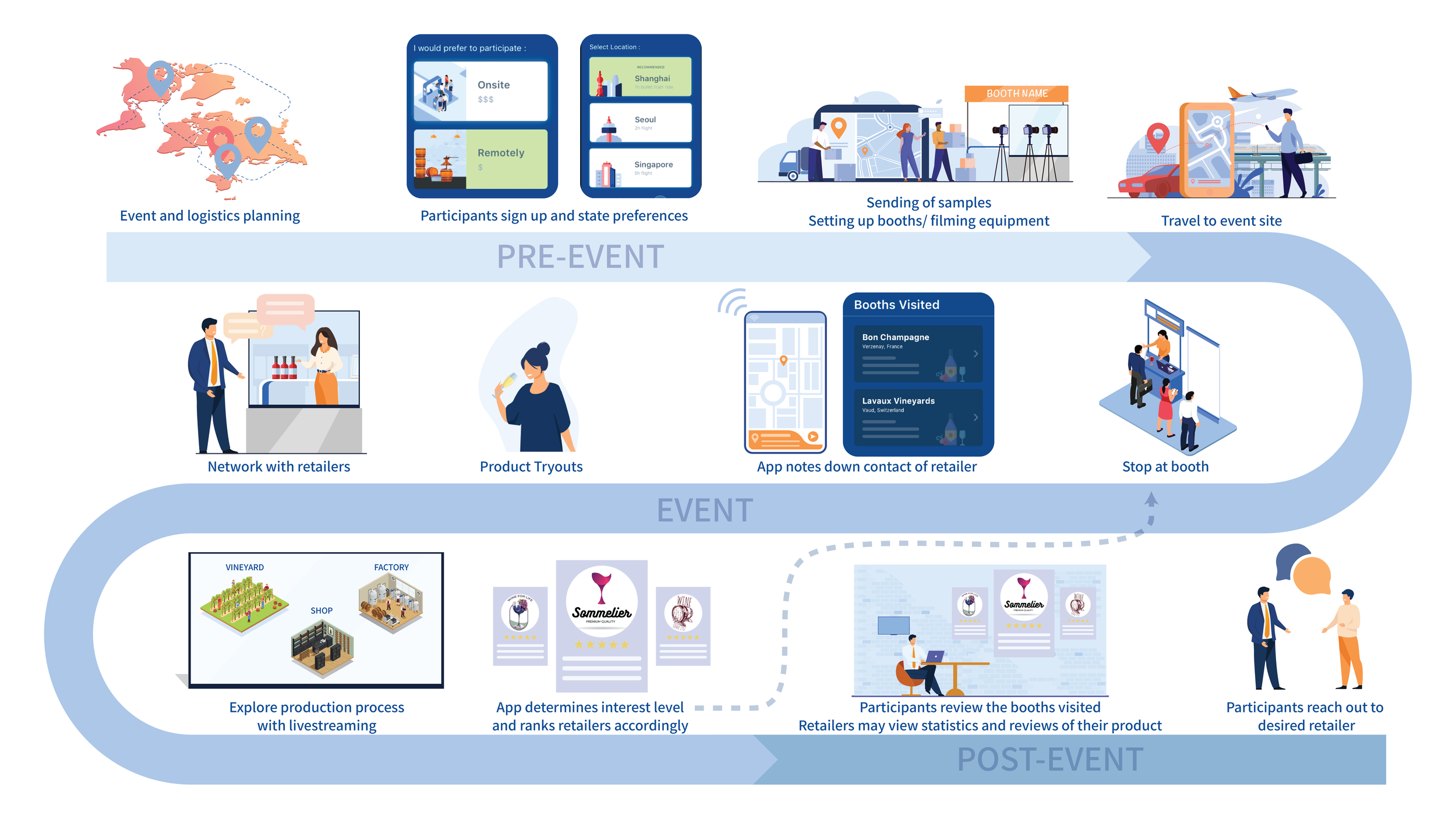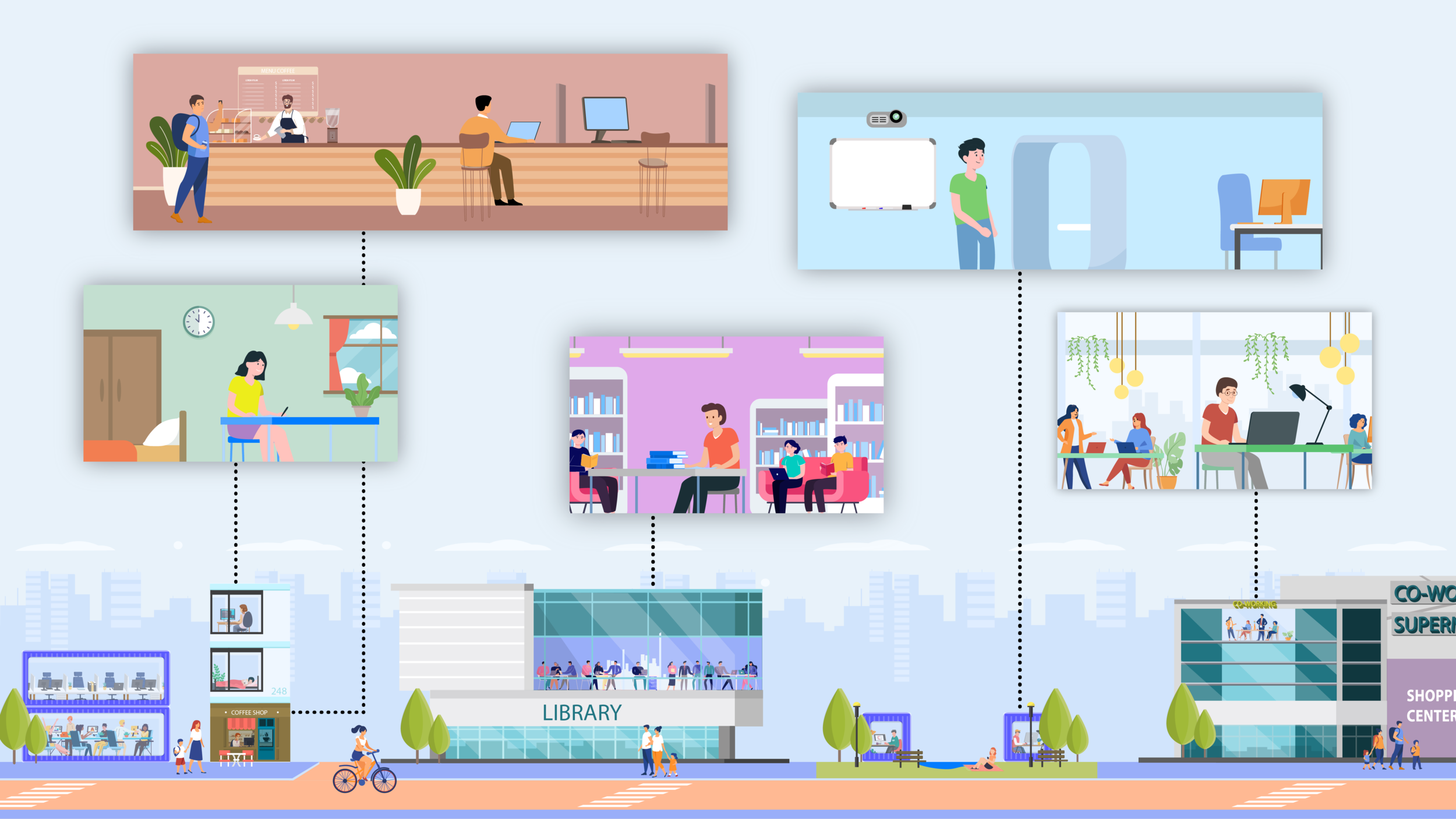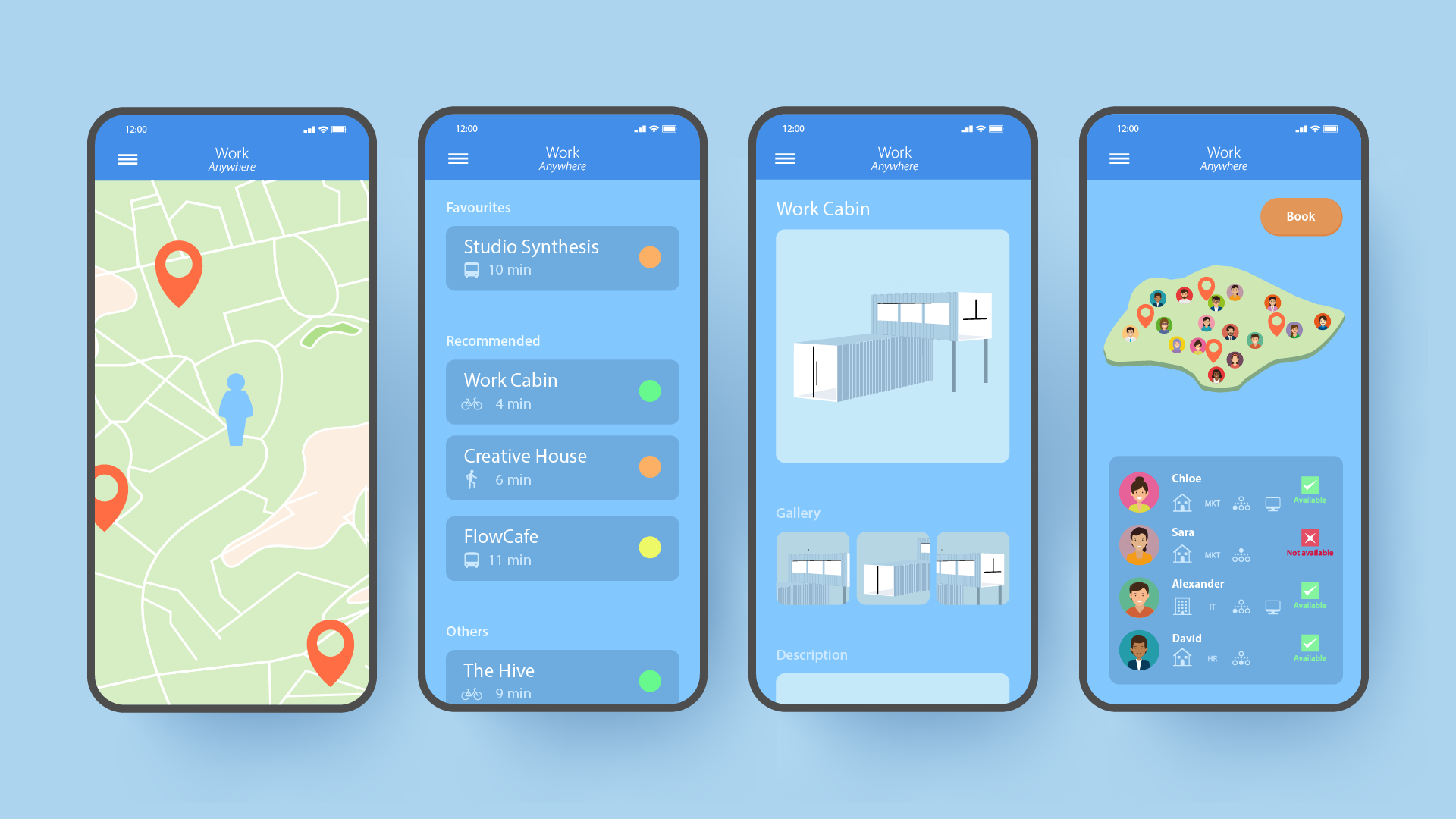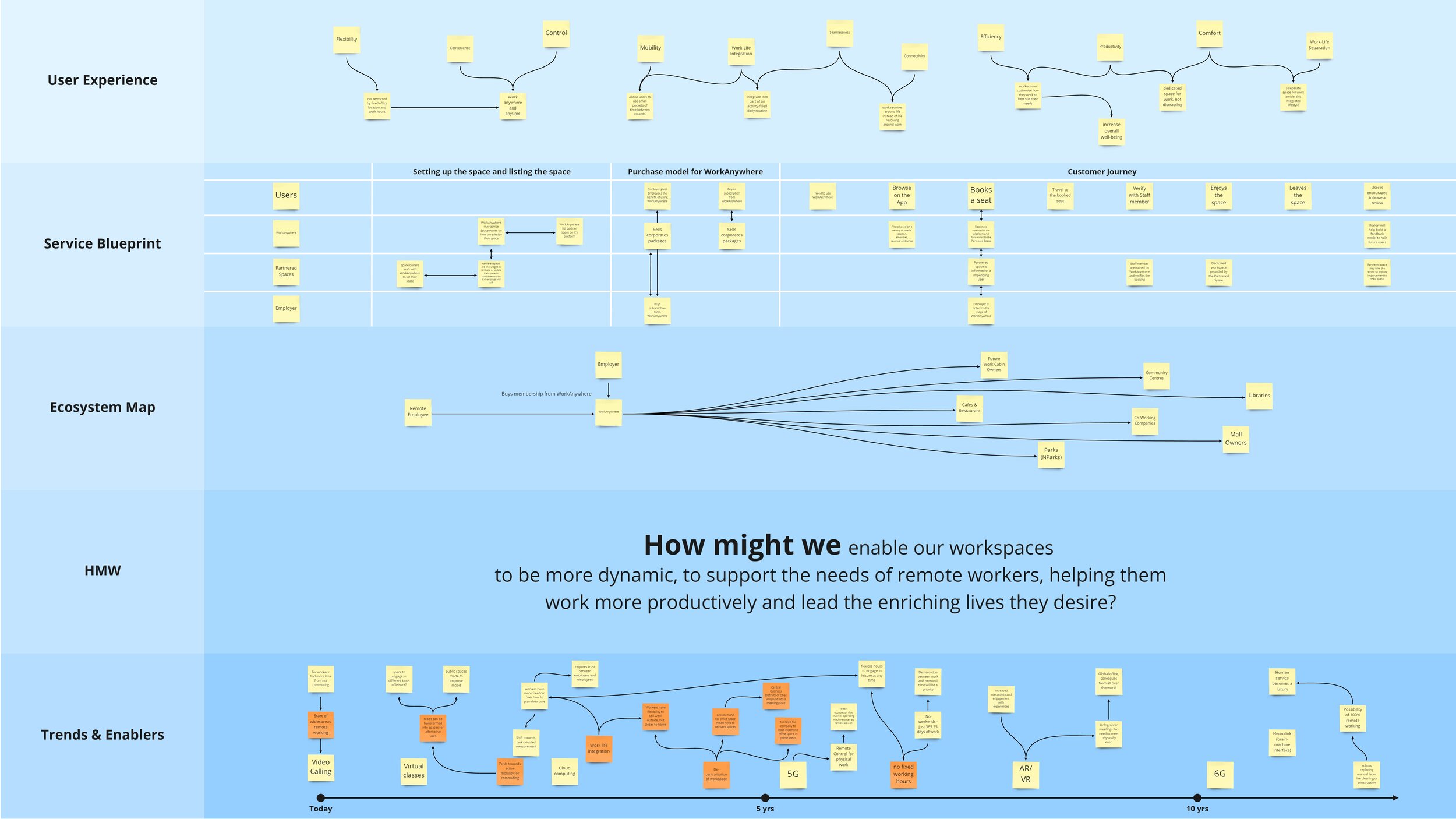Future Systems Design
2020
Future System Design (Design for Reset) aims to turn challenges from the pandemic situation into opportunities for social innovation. We see this as a chance to reimagine existing services, systems and lifestyles to be more sustainable and resilient.
Thinking in systems, and leveraging on forecasted trends, students developed plausible futures that challenge assumptions and trigger thinking about long-term strategies within their chosen themes.
Platform leaders: Dr. Jung-Joo Lee and JiaYing Chew
